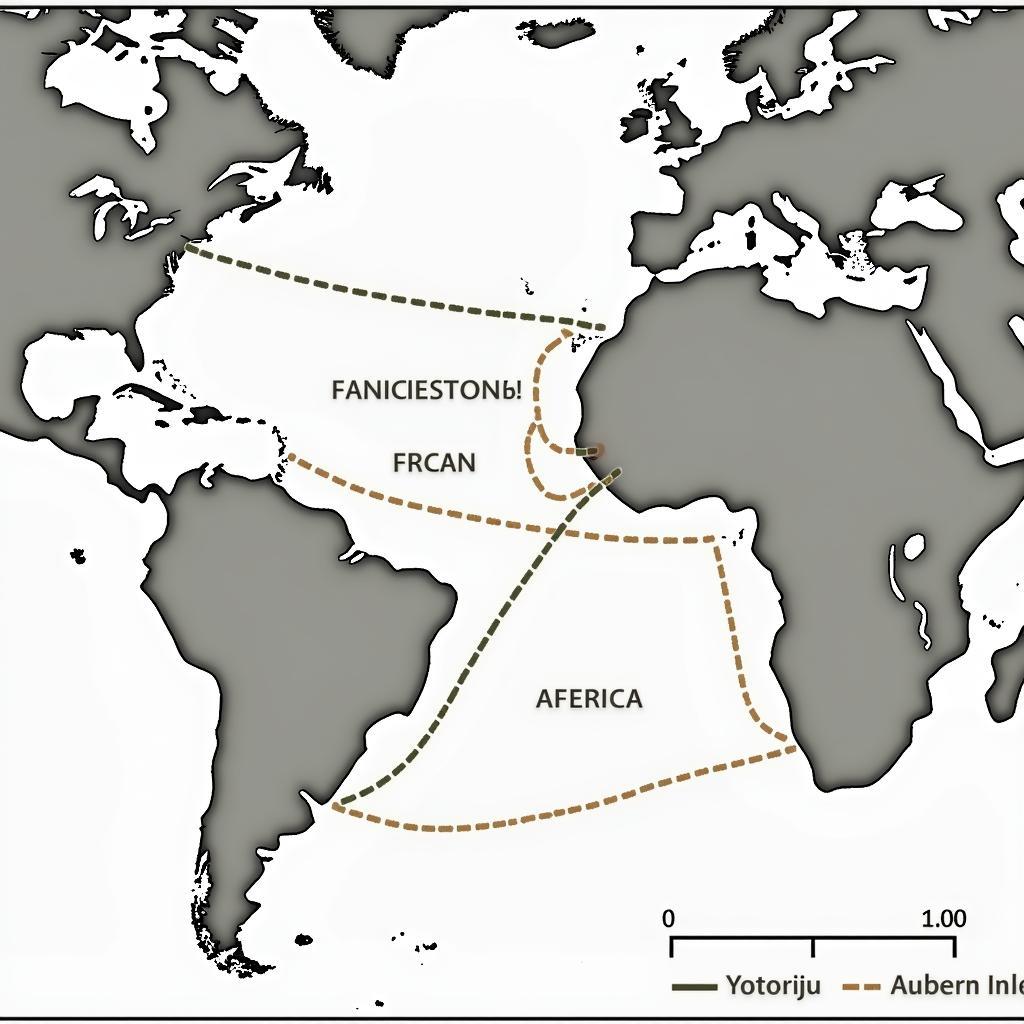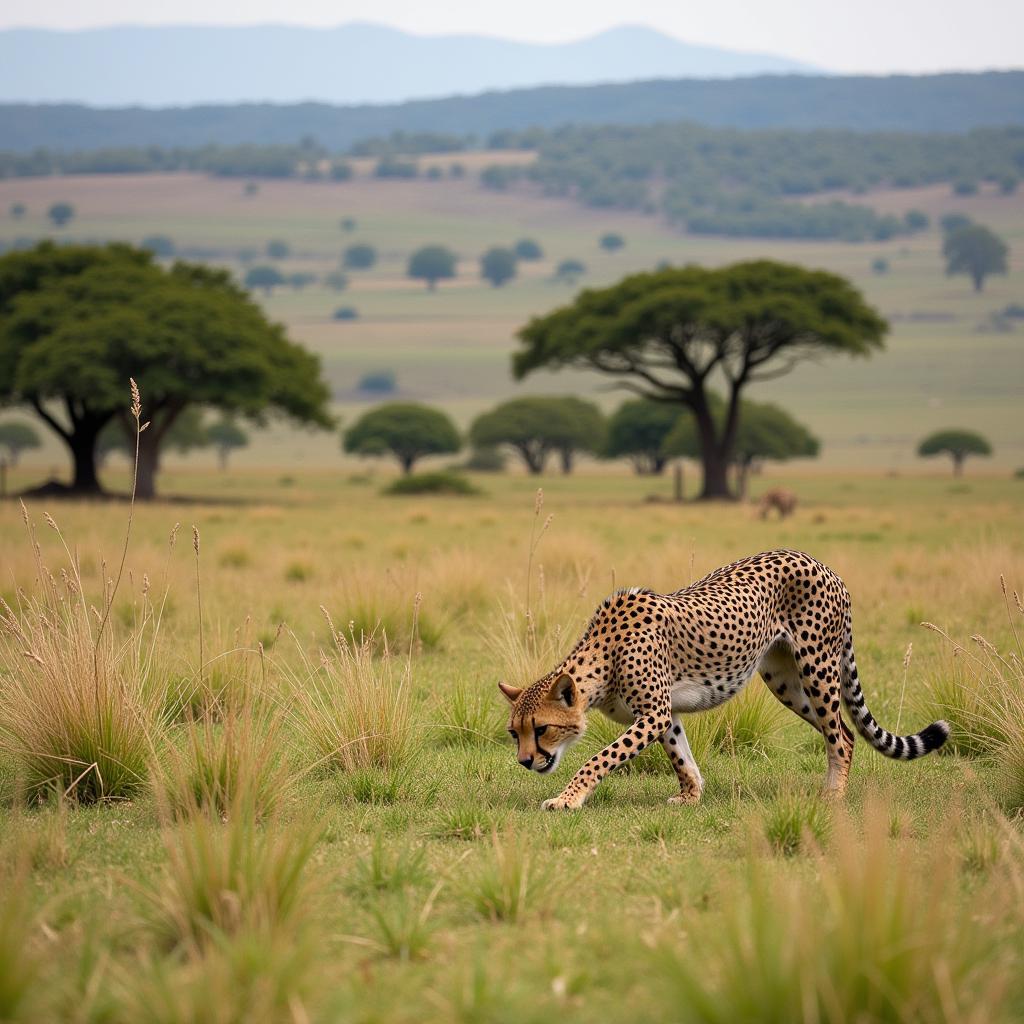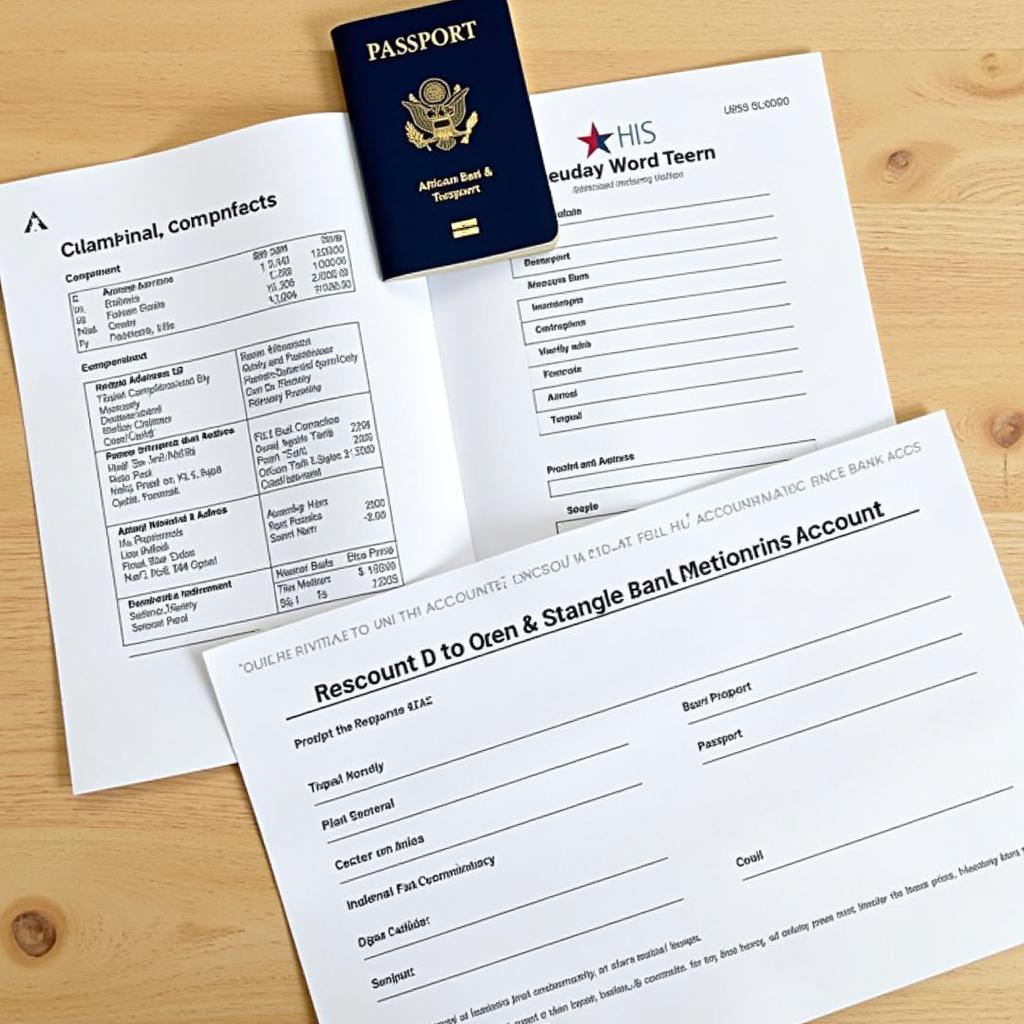Unveiling the Myth of the African Gypsy
The term “African Gypsy” is a misnomer, a romanticized label that often obscures the rich and diverse realities of nomadic and semi-nomadic communities across the African continent. While the term evokes images of free-spirited wanderers, it lacks the nuance needed to understand the complex histories, traditions, and challenges faced by these groups. Instead of a single, unified “African gypsy” identity, we find a mosaic of cultures, each with its own unique story to tell.
Exploring Nomadic Cultures Across Africa
Africa is home to a wide array of nomadic and semi-nomadic peoples, each adapted to their specific environment and possessing a distinct cultural heritage. From the pastoralists of the Sahel to the hunter-gatherer communities of the Kalahari, these groups have developed intricate systems of knowledge and survival strategies passed down through generations. Their lifestyles are deeply intertwined with their surroundings, often revolving around the availability of resources, seasonal migrations, and ancestral territories.
The Diversity of Nomadic Lifestyles
The term “nomadic” itself encompasses a spectrum of practices. Some groups, like the Fulani of West Africa, traverse vast distances with their herds, while others, such as the Himba of Namibia, maintain semi-permanent settlements and engage in seasonal migrations. It’s important to recognize this diversity and avoid generalizations that flatten the nuances of their varied lifestyles. These groups are not simply wanderers; they are skilled navigators of their environments, custodians of traditional knowledge, and vital contributors to the cultural tapestry of Africa.
The misconception of a single “African gypsy” identity often overlooks the specific challenges faced by each community. For example, the increasing scarcity of resources due to climate change poses a significant threat to pastoralist communities, forcing them to adapt their traditional migratory routes and compete for dwindling grazing lands. Similarly, the encroachment of modern development on ancestral territories disrupts traditional ways of life and poses a threat to their cultural survival.
Challenging the “Gypsy” Stereotype
The word “gypsy” itself carries a heavy baggage of stereotypes and misconceptions, often associated with romanticized notions of freedom and rootlessness. Applying this label to African nomadic communities not only perpetuates these stereotypes but also ignores the complex historical and social contexts that shape their identities. Instead of using this broad and inaccurate term, it’s crucial to recognize and respect the specific names and identities of each group.
Understanding the Cultural Significance of Mobility
Mobility is not merely a lifestyle choice for these communities; it’s often a deeply ingrained cultural practice, a way of life passed down through generations. It’s interwoven with their spiritual beliefs, social structures, and economic systems. For instance, the seasonal migrations of some pastoralist groups are not just about finding grazing land; they are also marked by rituals and ceremonies that connect them to their ancestors and the land.
Dr. Aisha Mbwana, a renowned anthropologist specializing in East African pastoralist communities, explains, “Mobility is not simply about movement; it’s about maintaining a delicate balance with the environment, a relationship built on generations of accumulated knowledge and respect for the land.”
Preserving Cultural Heritage in a Changing World
As the world rapidly changes, it becomes increasingly important to protect and preserve the diverse cultural heritage of nomadic and semi-nomadic communities across Africa. This includes supporting their traditional livelihoods, respecting their land rights, and ensuring their voices are heard in decision-making processes that affect their lives.
Supporting Sustainable Futures
Empowering these communities to adapt to the challenges of a changing world while preserving their unique cultural identities is crucial. This requires a collaborative approach that involves governments, NGOs, and the communities themselves working together to find sustainable solutions.
Professor Joseph Okello, a leading expert on African cultural heritage, emphasizes, “Preserving the cultural heritage of these communities is not about freezing them in time; it’s about supporting their ability to adapt and thrive while maintaining their distinct identities.”
In conclusion, the term “African gypsy” is an inaccurate and misleading label that fails to capture the rich diversity and complexity of nomadic and semi-nomadic cultures across Africa. By understanding the specific histories, traditions, and challenges faced by these communities, we can move beyond stereotypes and appreciate the vital role they play in the continent’s cultural landscape. Let’s embrace the richness of their individual stories and work towards a future where their cultural heritage is valued and protected.
FAQ
- What are some examples of nomadic groups in Africa?
- How is climate change impacting nomadic lifestyles?
- What are the challenges faced by nomadic communities in accessing education and healthcare?
- What are some initiatives aimed at supporting nomadic communities?
- How can tourism contribute to the preservation of nomadic cultures?
- What are some common misconceptions about nomadic people in Africa?
- How can I learn more about specific nomadic groups and their cultures?
Common Situations and Questions
- How can I respectfully interact with nomadic communities while traveling? Research their customs and traditions beforehand, seek permission before taking photographs, and consider supporting local businesses.
- Are there organizations working to support nomadic communities that I can donate to? Yes, several NGOs and community-based organizations focus on supporting nomadic communities in various areas. Research online to find reputable organizations working in regions you are interested in.
- What resources are available for learning more about the diverse nomadic cultures of Africa? Books, documentaries, academic journals, and online resources offer valuable insights into the history, traditions, and current situations of nomadic communities.
Further Exploration
Explore other related articles on our website about specific nomadic groups, cultural preservation efforts, and the impact of climate change on traditional livelihoods.
Need Assistance?
For any questions or support regarding nomadic communities in Africa, please contact us at Phone: +255768904061, Email: [email protected], or visit us at Mbarali DC Mawindi, Kangaga, Tanzania. Our customer service team is available 24/7.


